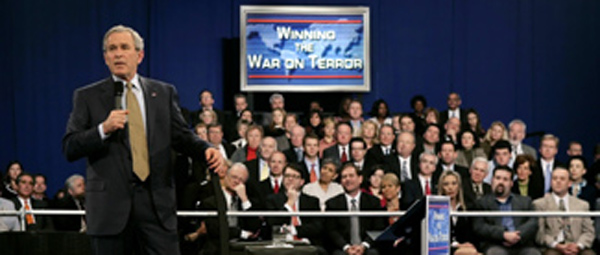
Tide power: Last December, the state of New York installed the first of six underwater turbines in New York City's East River (off Roosevelt Island, NY), to harness the energy of the tides. The other turbines will be installed by early May.
At least 21 states and the District of Columbia are on track to trim 108 million metric tons of carbon dioxide a year.
While the US ponders whether to curb greenhouse gases, several states are pushing ahead with plans that already are bearing fruit.
At least 21 states and the District of Columbia are on track to create 46,000 megawatts of renewable power by 2020, eliminating 108 million metric tons of carbon-dioxide emissions a year that would otherwise be released into the atmosphere, according to an analysis by the Union of Concerned Scientists (UCS). While that's a drop in the bucket of 6 billion tons of CO2 emissions that vehicles and power plants spew out annually, it is beginning to have an impact. ...........



